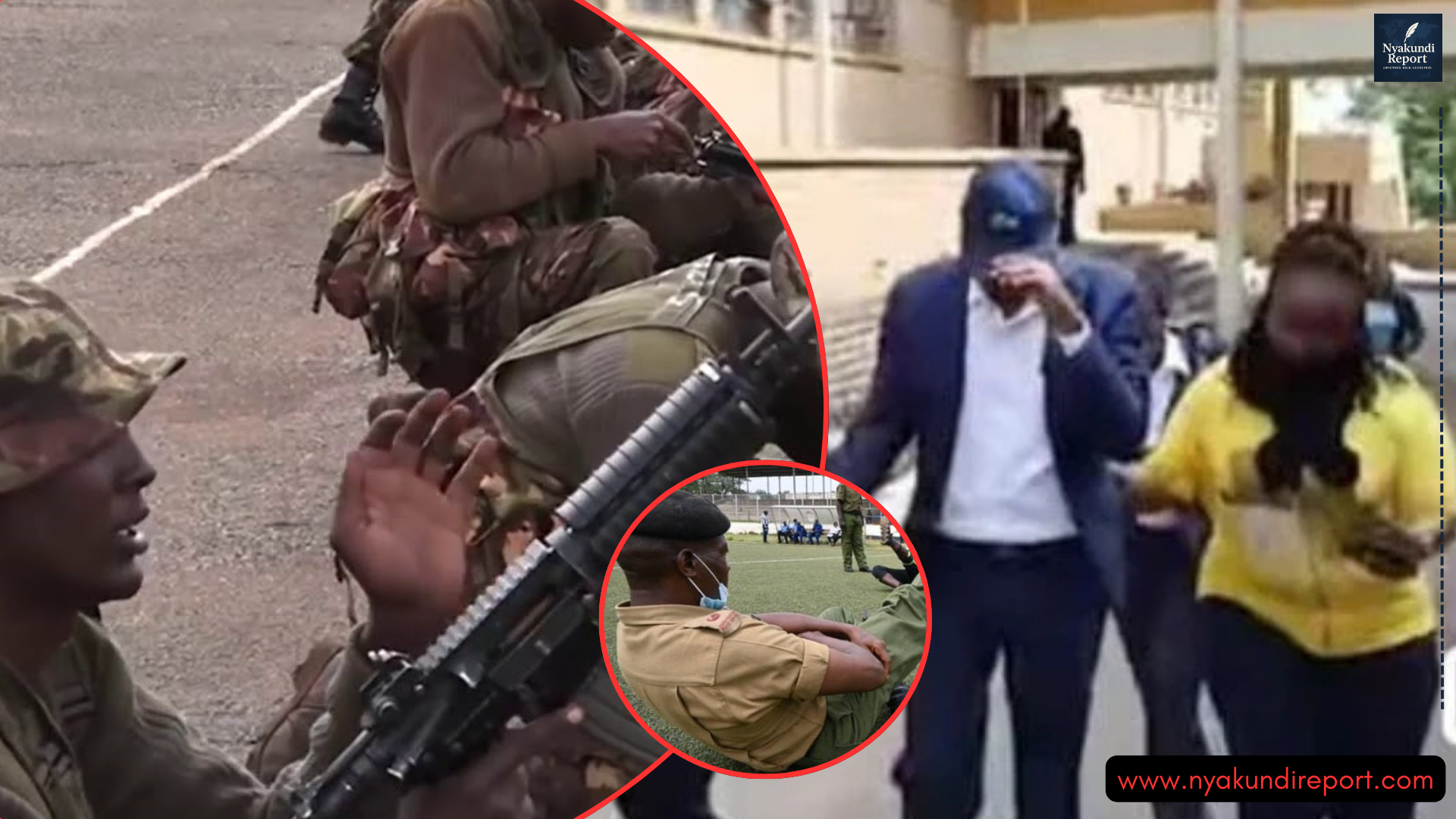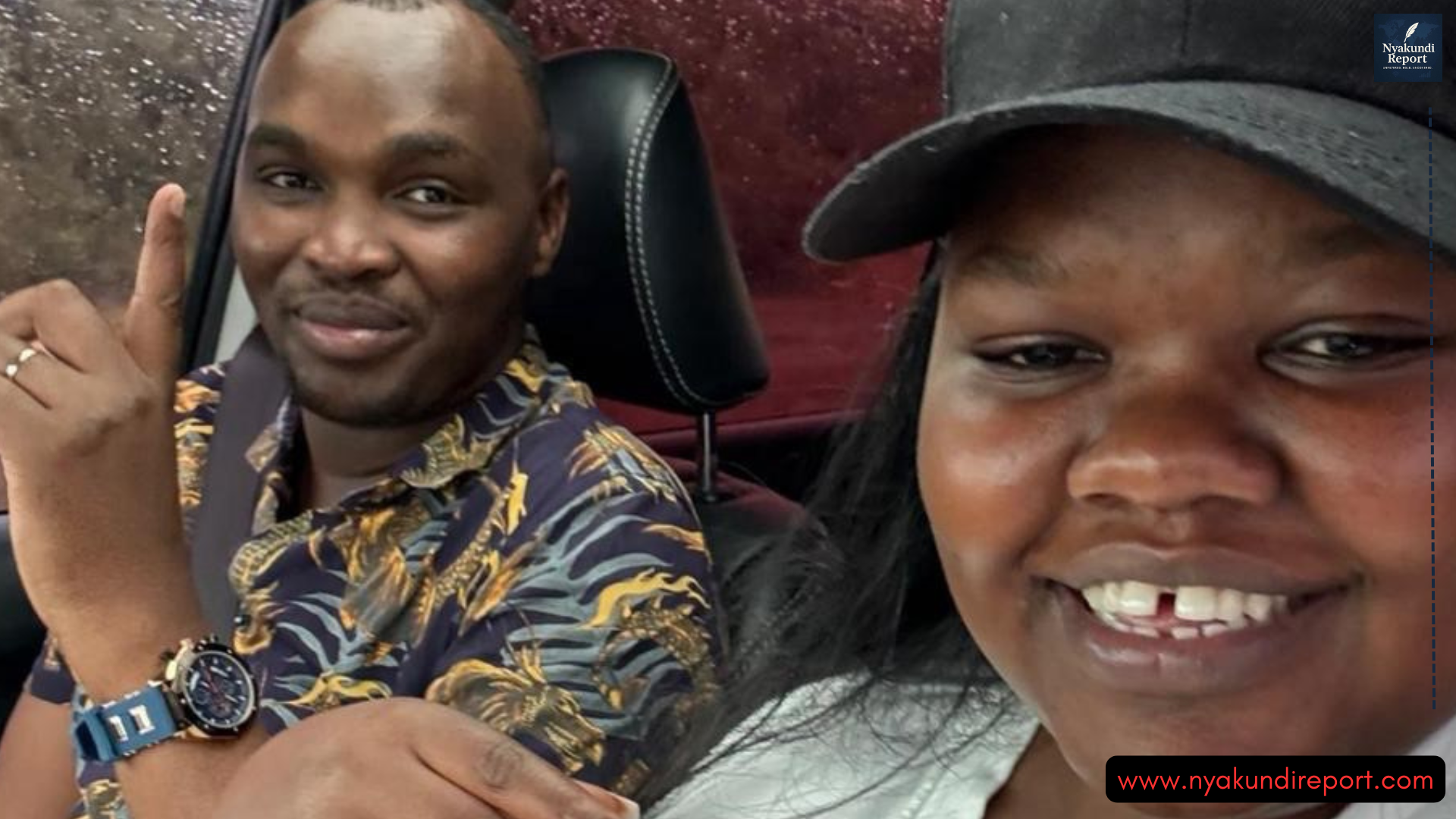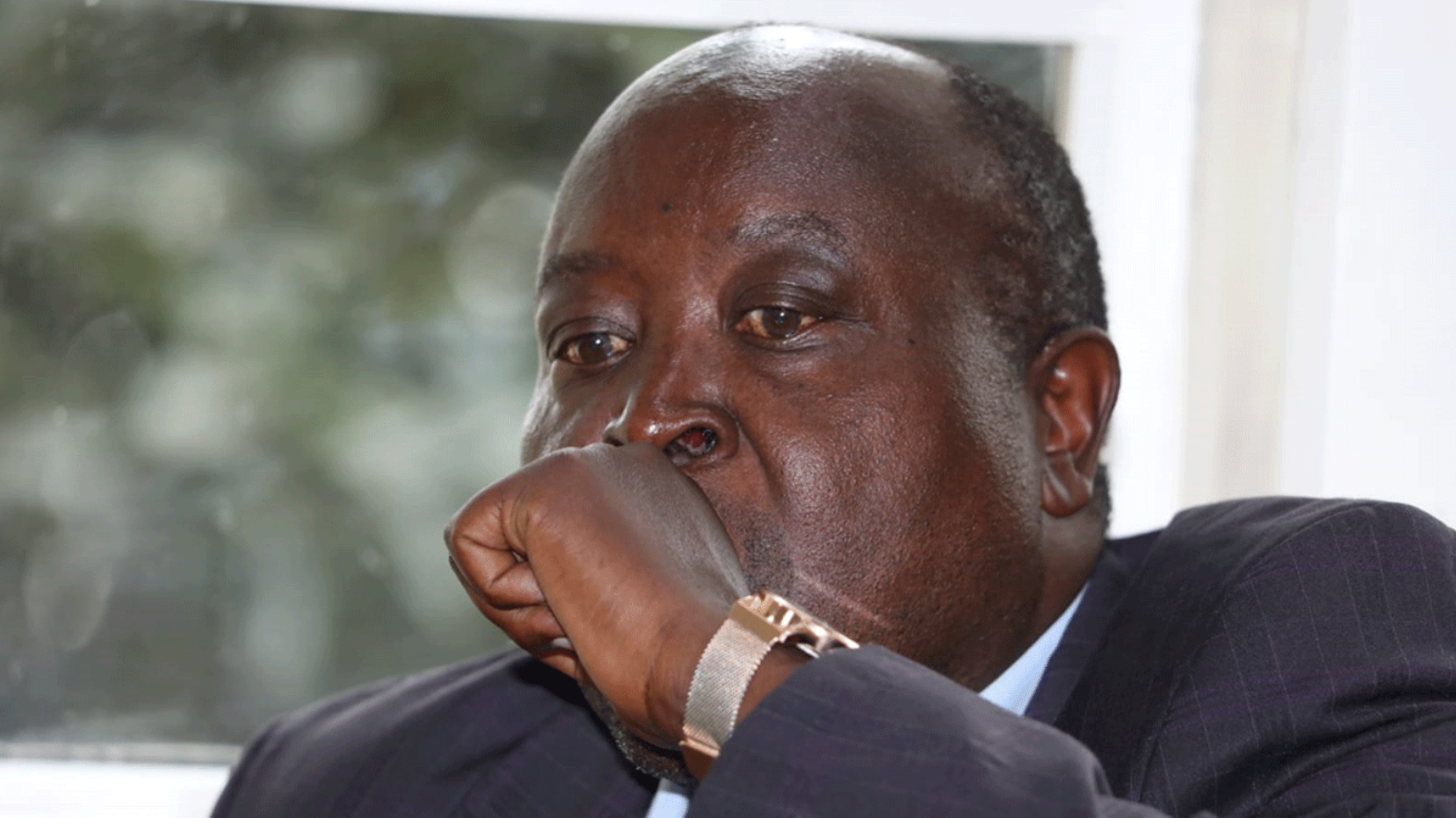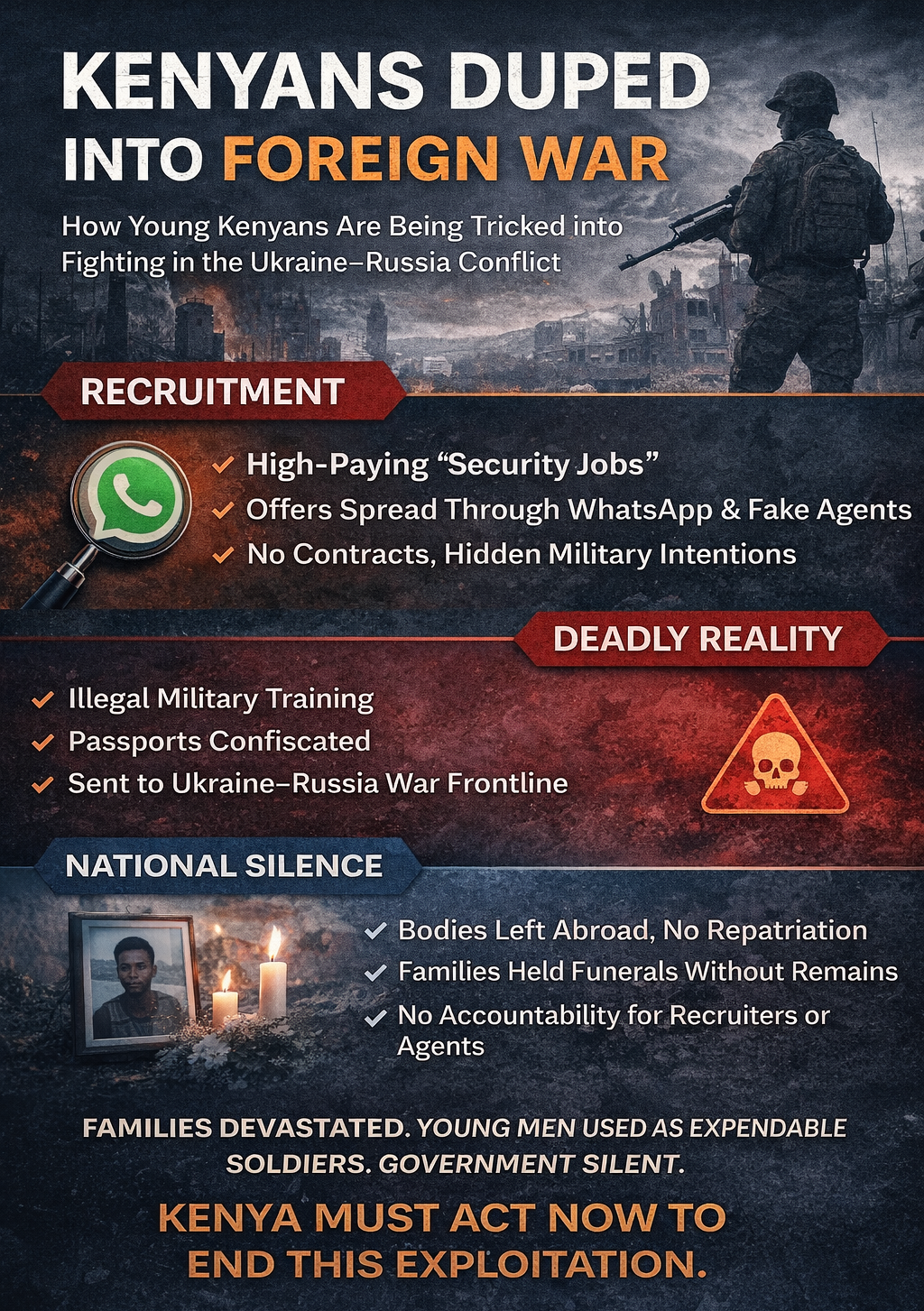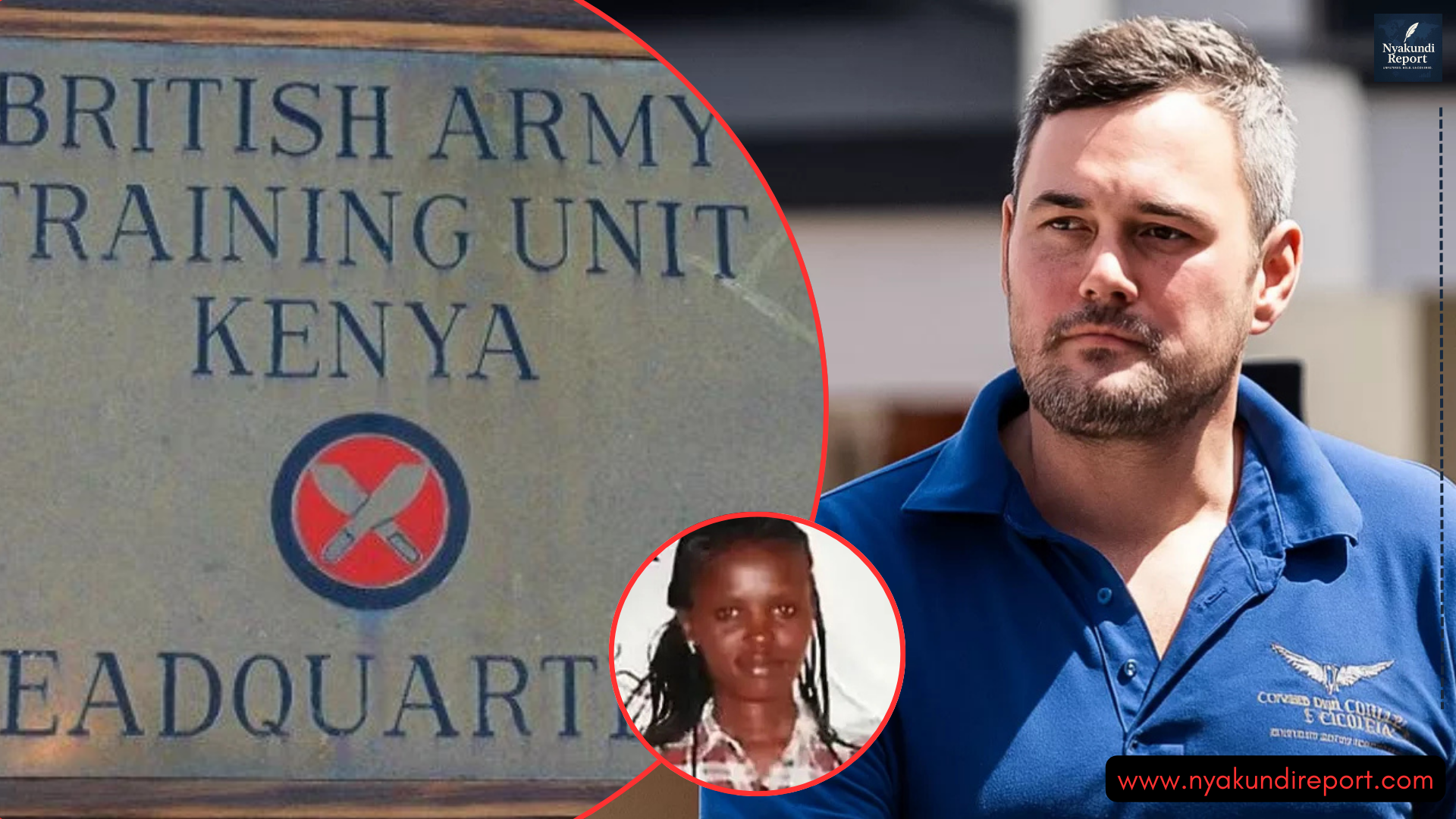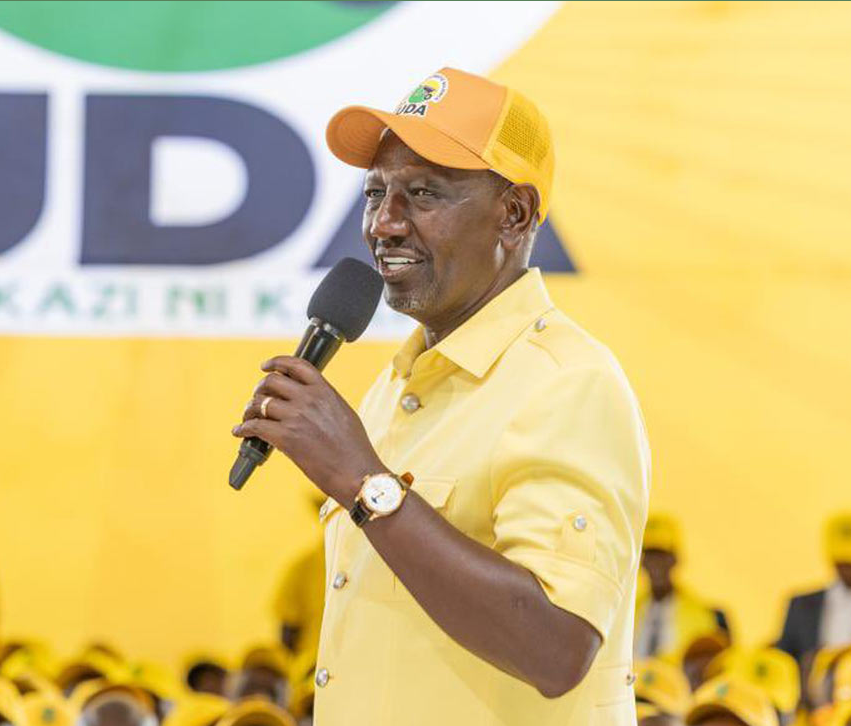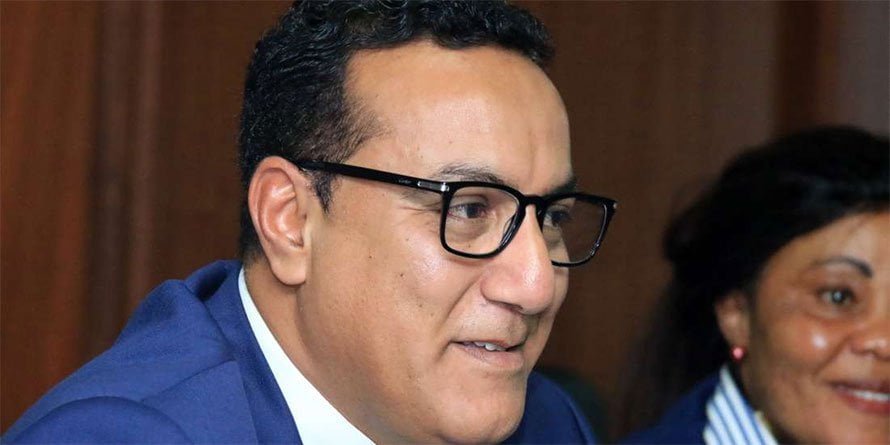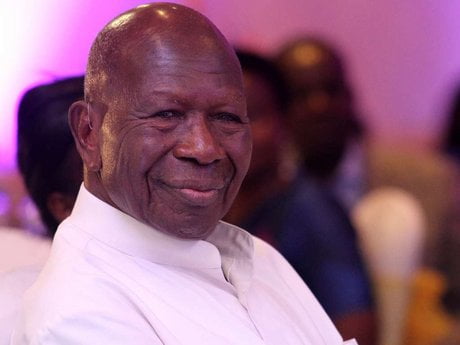Justice has finally landed for the family of Shikha Garg, a 32-year-old United Nations environmental expert who died in the 2019 Ethiopian Airlines Flight 302 crash. A U.S. federal court in Chicago ordered Boeing to pay her family Ksh3.6 billion (USD28 million), pushing total compensation with interest to Ksh4.6 billion (USD35.85 million).
The ruling comes after Boeing admitted responsibility in one of aviation’s darkest chapters, involving the faulty 737 MAX jet that killed all 157 people on board en route to Nairobi.

Inside the Ethiopian Airlines Flight 302 Crash Verdict
The Boeing 737 MAX tragedy remains a haunting reminder of corporate negligence that cost hundreds of lives. Shikha Garg’s case stands out as a symbol of accountability for families that have fought tirelessly for justice.
According to court documents, the jury found Boeing guilty of designing a defective aircraft and concealing crucial safety information from airlines and pilots. The automated flight control system—known as the Maneuvering Characteristics Augmentation System (MCAS)—was identified as the cause of both the Ethiopian Airlines and Lion Air crashes.
MCAS was meant to prevent the plane’s nose from pitching upward. Instead, it repeatedly pushed the nose down, confusing pilots and rendering them powerless to regain control. Boeing engineers reportedly knew about the flaws but delayed full disclosure to regulators and airlines.
Lawyers representing Garg’s family argued that Boeing prioritized profit and competition over passenger safety. The court agreed, concluding that the company’s failure to warn and train pilots on MCAS operations directly caused the deaths aboard Flight 302.
Boeing has since agreed not to appeal the ruling, choosing instead to settle with the victims’ families. A company spokesperson said Boeing deeply regrets the tragedy and has taken steps to improve aircraft safety and oversight.
The Human Toll of the Boeing 737 MAX Disasters
Shikha Garg’s death was among 157 others in the March 10, 2019 crash, which occurred just six minutes after takeoff from Addis Ababa’s Bole International Airport. The aircraft was heading to Nairobi, carrying passengers from 35 countries, including 32 Kenyans.
The crash came barely five months after another Boeing 737 MAX went down in Indonesia, operated by Lion Air, killing all 189 people on board. Combined, the two crashes claimed 346 lives, grounding the global 737 MAX fleet for nearly two years.
Families of victims from across the world sued Boeing, accusing the manufacturer of gross negligence and misconduct. In most cases, Boeing opted for confidential settlements. However, Garg’s case proceeded to trial, resulting in one of the largest single payouts tied to the crash.
Her family said the verdict was not about the money but about holding Boeing accountable. Their lawyers described it as a “moral victory” that forces the aviation giant to confront its failures and the devastating consequences of its decisions.
Boeing’s internal communications later revealed that some employees had mocked regulators and airlines over safety concerns, deepening the company’s reputational crisis. The firm has since reshuffled its leadership and implemented new safety protocols.
Global Reckoning and Legal Fallout for Boeing
The Ethiopian Airlines Flight 302 crash triggered one of the biggest corporate scandals in aviation history. Investigations by the U.S. Congress and international regulators found that Boeing misled the Federal Aviation Administration (FAA) during certification of the 737 MAX.
The company paid a USD2.5 billion settlement in 2021 to resolve criminal charges related to defrauding the FAA. Yet, individual civil suits like Garg’s continued, demanding personal accountability for the lives lost.
More than 90 percent of families have since settled with Boeing, though the amounts remain confidential in most cases. The payouts collectively run into billions of dollars.
One notable case involved Kenyan national Paul Njoroge, who lost his wife, three children, and mother-in-law in the same crash. He was among those who rejected early settlement offers, demanding a full trial to expose Boeing’s alleged cover-up. Though his final settlement remains undisclosed, it underscored the human pain behind every lawsuit.
The Ethiopian Airlines Flight 302 tragedy not only exposed systemic flaws at Boeing but also forced global regulators to overhaul aircraft certification processes. The 737 MAX was eventually cleared to fly again after extensive redesigns and mandatory pilot training.
Still, families say justice remains incomplete until Boeing executives are personally held accountable.
Lessons from Flight 302 and the Price of Negligence
The Boeing settlement for Shikha Garg’s family sends a powerful message about corporate responsibility and human life. It underscores the devastating cost of cutting corners in the pursuit of profit.
Aviation experts argue that Boeing’s case should redefine industry safety standards. The company’s rush to compete with Airbus’s A320neo reportedly pressured engineers to approve MCAS with limited pilot training.
That decision led to two fatal crashes, hundreds of shattered families, and billions in lawsuits and regulatory penalties.

